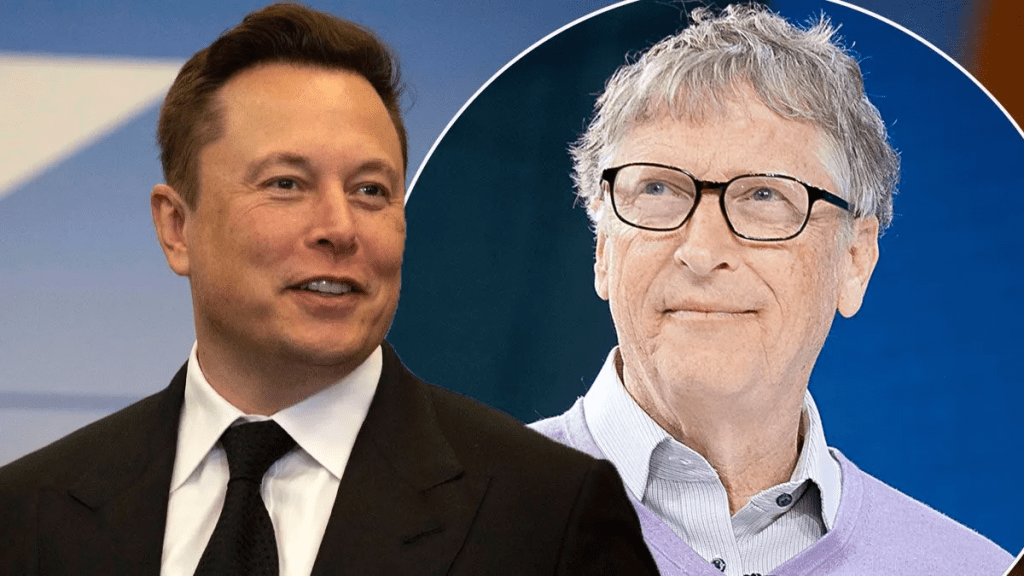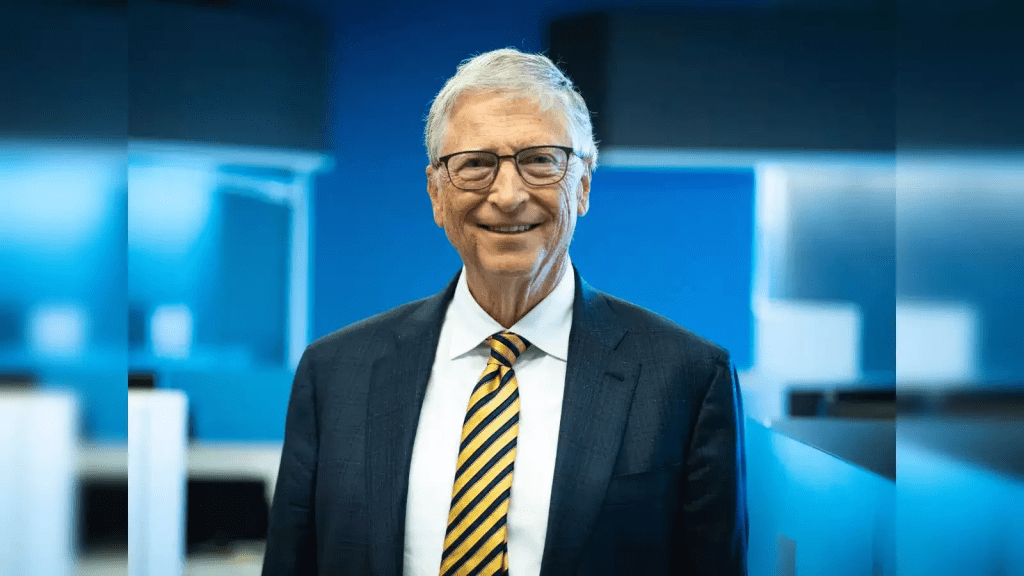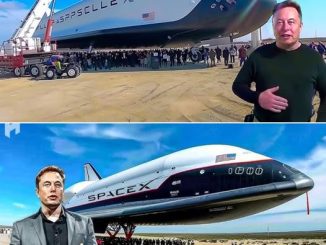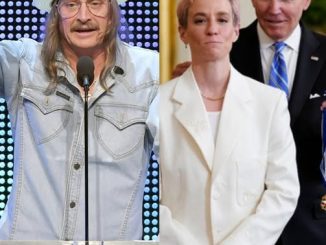
In a shocking move that has rocked the tech industry, Elon Musk, the outspoken CEO of Tesla and SpaceX, has publicly called for a boycott of Microsoft, the tech giant founded by Bill Gates. Musk’s call for action has intensified the already fraught rivalry between the two billionaires, as he accuses Microsoft of stifling innovation and engaging in monopolistic behavior.
The Origins of the Feud
While tensions between Musk and Gates have existed for years, the feud has recently escalated, with Musk using social media to launch sharp criticisms at Microsoft. He accused the company of using its market dominance to suppress smaller competitors in key sectors like cloud computing, artificial intelligence (AI), and software development.
“Microsoft is not fostering innovation; they’re crushing it,” Musk tweeted, igniting a wave of debate and reactions across social media and the tech world.
Musk also took a swipe at Gates’s philanthropic efforts, particularly his investments in green energy, suggesting that they are overshadowed by Microsoft’s reliance on energy-intensive data centers.
What’s Behind the Call for a Boycott?
Though Musk has not provided specific evidence to back his claims, many believe the latest chapter in the rivalry stems from Microsoft’s partnership with OpenAI, a company Musk co-founded before distancing himself due to disagreements over its direction. Microsoft has poured billions of dollars into OpenAI, which Musk has frequently criticized for its potential risks and lack of oversight.
Musk has expressed deep concerns about the unchecked development of AI, warning about the potential dangers of its control by a single entity. In a recent interview, he stated, “AI is one of the most transformative technologies of our time, and it should not be controlled by a single entity.” This perspective likely clashes with Microsoft’s heavy investment and growing influence in the AI space, fueling Musk’s discontent.

Public and Industry Reactions
Musk’s call for a boycott has sparked a range of reactions. Supporters of Musk have rallied behind his comments, accusing Microsoft of monopolistic practices and calling for greater transparency in the tech industry. One user on X, the social media platform Musk owns, posted, “I stand with Elon. Microsoft has too much power over our data and our future.”
However, critics have pointed out the irony of Musk’s remarks, given his own companies’ dominance in their respective industries. Tesla holds a dominant position in the electric vehicle market, and SpaceX is the leader in satellite internet services, both of which have raised concerns about monopolistic behavior.
“Pot, meet kettle. Musk criticizing Microsoft for monopolistic behavior is rich,” one tech analyst remarked, highlighting the apparent hypocrisy in Musk’s stance.
Microsoft’s Response
As of now, neither Bill Gates nor Microsoft has responded directly to Musk’s boycott call. Gates, who has largely stepped away from the day-to-day operations of Microsoft, has generally avoided public confrontations with Musk. Microsoft, meanwhile, continues to emphasize its commitment to innovation and competition, pointing to its ongoing investments in open-source projects and renewable energy initiatives.

The Bigger Picture
The public clash between Musk and Gates reflects the growing divide in the tech industry, where two influential figures hold fundamentally different visions for the future of technology. Musk’s libertarian approach champions decentralized innovation and disruptor-driven progress, while Gates favors strategic partnerships and leveraging technology for large-scale, philanthropic endeavors.
Whether Musk’s call for a boycott will have any significant impact on Microsoft remains to be seen. However, this latest development has certainly intensified the drama between the two tech titans and raised questions about the future of competition in the tech industry.
As the world watches, it remains unclear whether this rivalry will lead to greater accountability and competition in the sector or simply become another chapter in the ongoing saga of tech moguls clashing over power, influence, and control.


